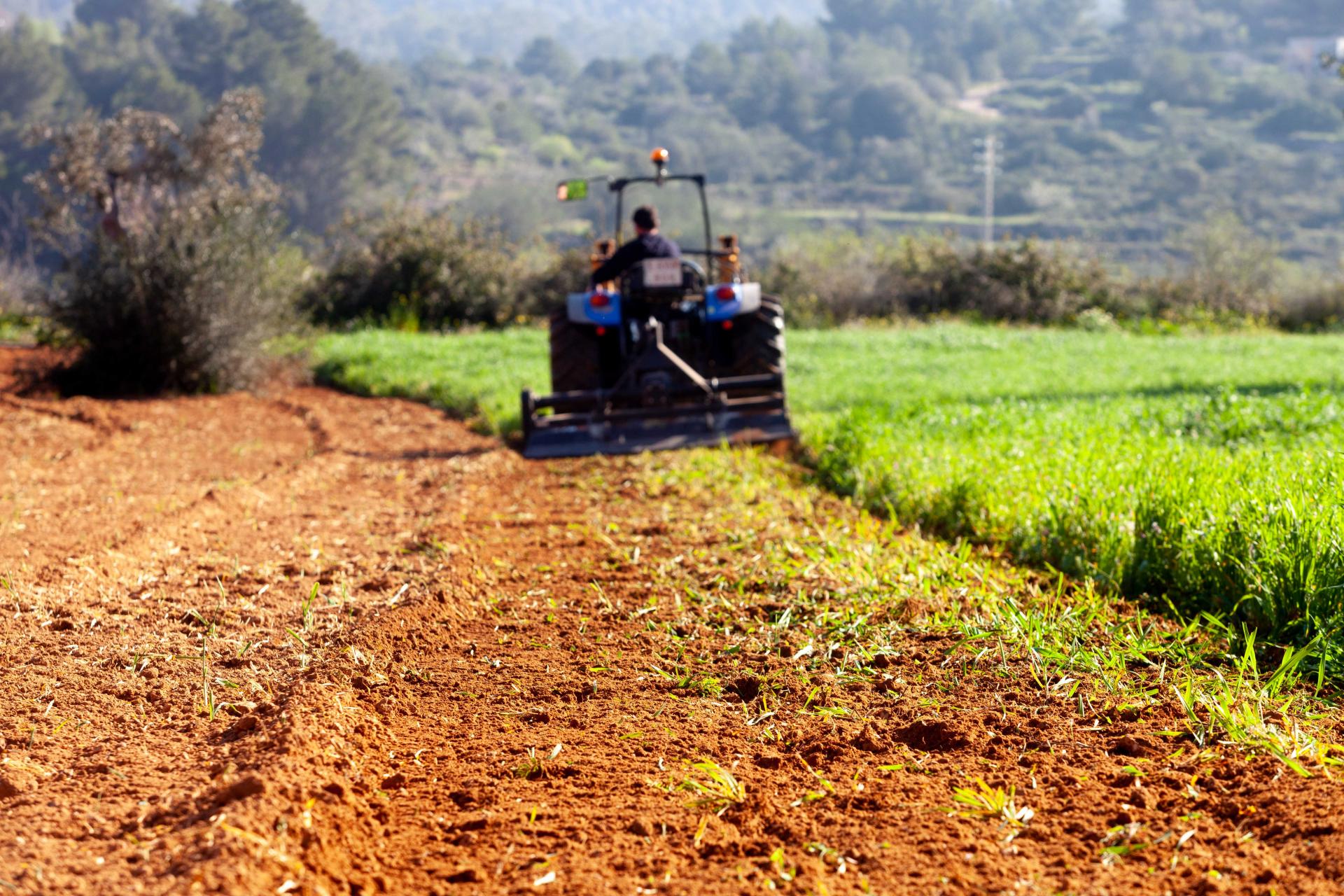Zero-kilometre food - a nice idea, but ...
The pandemic and climate change have been factors motivating zero-kilometre consumption

“We don’t have enough production in Mallorca for all food to be local." | DANIEL ESPINOSA
Palma23/02/2022 12:38
When Storm Gloria struck the Balearics in January 2020, shipping was disrupted. One single day of cancellations was enough to lead to empty supermarket shelves for certain products. Since Gloria, there have been pandemic-related issues regarding supplies, the most recent caused by all the Omicron sick leave.

No comments
To be able to write a comment, you have to be registered and logged in
Currently there are no comments.